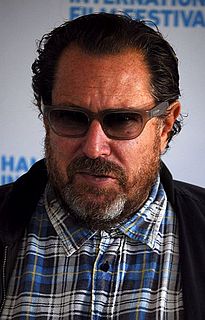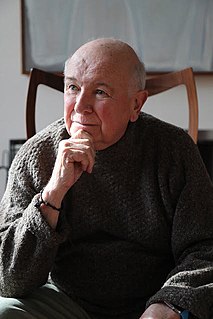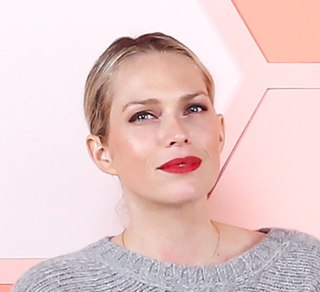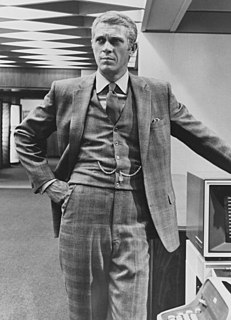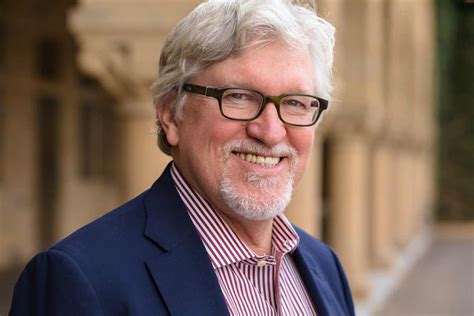A Quote by Julian Schnabel
I think it's good when people don't write good things about your work. I mean, what a great compliment it is to be called a charlatan.
Quote Topics
Related Quotes
I mean, I'm always happy if I have, like, humiliating asshole things that I did. I think: Oh good, that's a good story. Because if you write about humiliating asshole things other people do it doesn't work as well. I mean, you can, but you can get away with it better if you talk about what an asshole you are. It's much easier.
You make good work by (among other things) making lots of work that isn't very good, and gradually weeding out the parts that aren't good, the parts that aren't yours. It's called feedback, and it's the most direct route to learning about your own vision. It's also called doing your work. After all, someone has to do your work, and you're the closest person around.
Any negative review you write, they'll say, "Oh, you're being so mean." I think the problem with a lot of criticism is that too many critics either write just description or they write in a Mandarin jargon that only a handful of people can understand, or they write happy criticis - everything is good that they write about. I think that's really not good. I think it's damaged a lot of our critical voices.
Who doesn't love a compliment? But every compliment comes with a warning: Beware—Do Not Overuse. Go ahead, sniff your compliment. Take a little sip. But don't chew, don't swallow. If you do, you risk abandoning the good work that inspired the compliment in the first place. If that happens, maybe it was the compliment and not the job well done that you were aiming for all along.
Work with good directors. Without them your play is doomed. At the time of my first play, I thought a good director was someone who liked my play. I was rudely awakened from that fantasy when he directed it as if he loathed it. . . . Work with good actors. A good actor hears the way you (and no one else) write. A good actor makes rewrites easy. A good actor tells you things about your play you didn't know.
Treat your career like a bad boyfriend...
Your career wont take care of you. It won't call you back or introduce you to its parents. Your career will openly flirt with other people while you are around... You have to care about your work, but not about the result. You have to care about how good you are and how good you feel, but not about how good people think you are or how good people think you look.
I found it was my good fortune to somehow be able to work in these forms that I loved when I was a kid. I love movies and I could write screenplays. I love theater and I could write plays. I mean, they would be my own, I could never write what was used to be called the well-made play. But my first play, "Little Murders," turned out to be a great success and a great influence on plays at that time.
When you go through difficult times, make sure you pass the test. Don’t be stubborn and hardheaded. Recognize that God is refining you, knocking off some of your rough edges. Stand strong and fight the good fight of faith. God has called each of us to be champions; you are destined to win. If you will work with God and keep a good attitude, then no matter what comes against you, the bible says that all things – not just the good things in life, but all things – work together for your good.
There's a lot of good that's done for society in building businesses, but it's also great to be involved in those things where you can be connected to the community, to the world, and think about how you can use what you're creating, both in terms of your personal skills as well as your products or services to do good things for others.
I think a good painting or a good work of art does many things it wants, I mean, maybe 15 or 20 or 100. One of the things a painting does is to make the room look better. It improves the wall that it's on. Which is much harder than it looks. And that's a good thing. And if one engages with a painting on that level, that's fine, that's great. After some time, familiarity, the other things that a painting does, the other layers, they just start to make themselves felt.
I think there's much more privileging of the new in art. I think people want to think they privilege the new in writing, but I agree with Virginia Woolf. She wrote a great essay called "Craftsmanship" about how difficult it is to use new words. It's really hard, but you see them coming in because obviously, if you're going to write... I mean, even to write "cell phone" in a novel - it's so boring.
